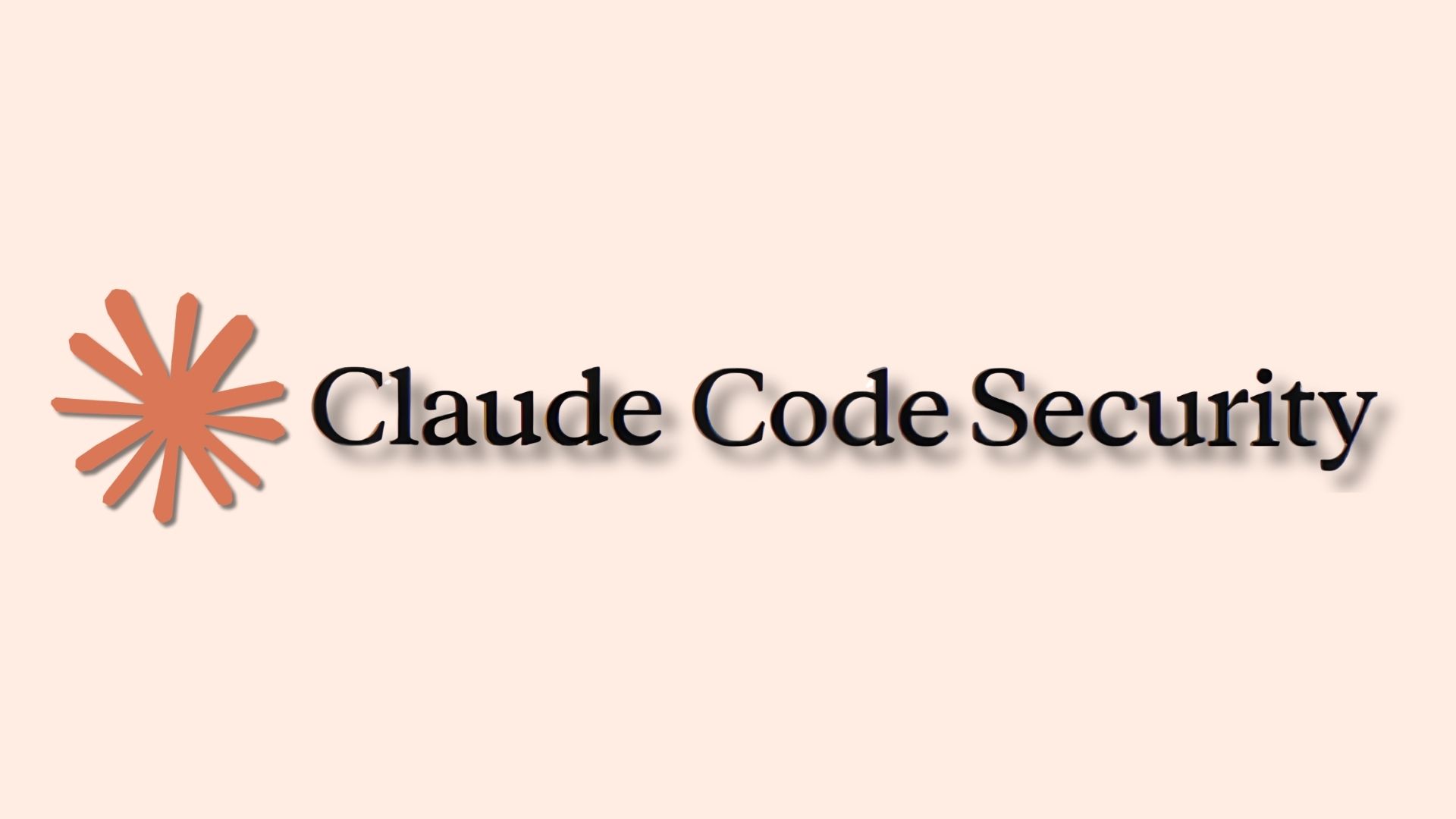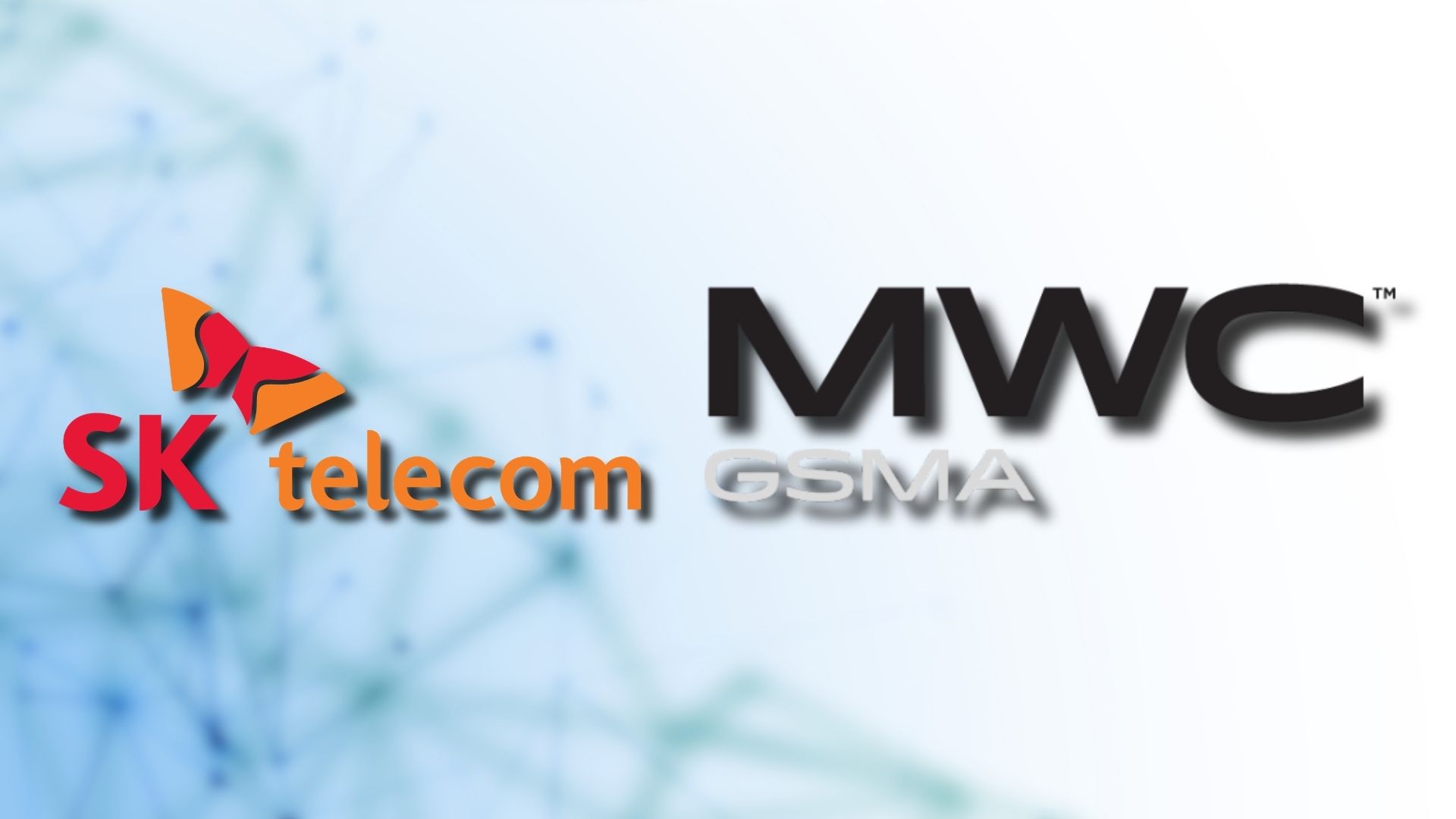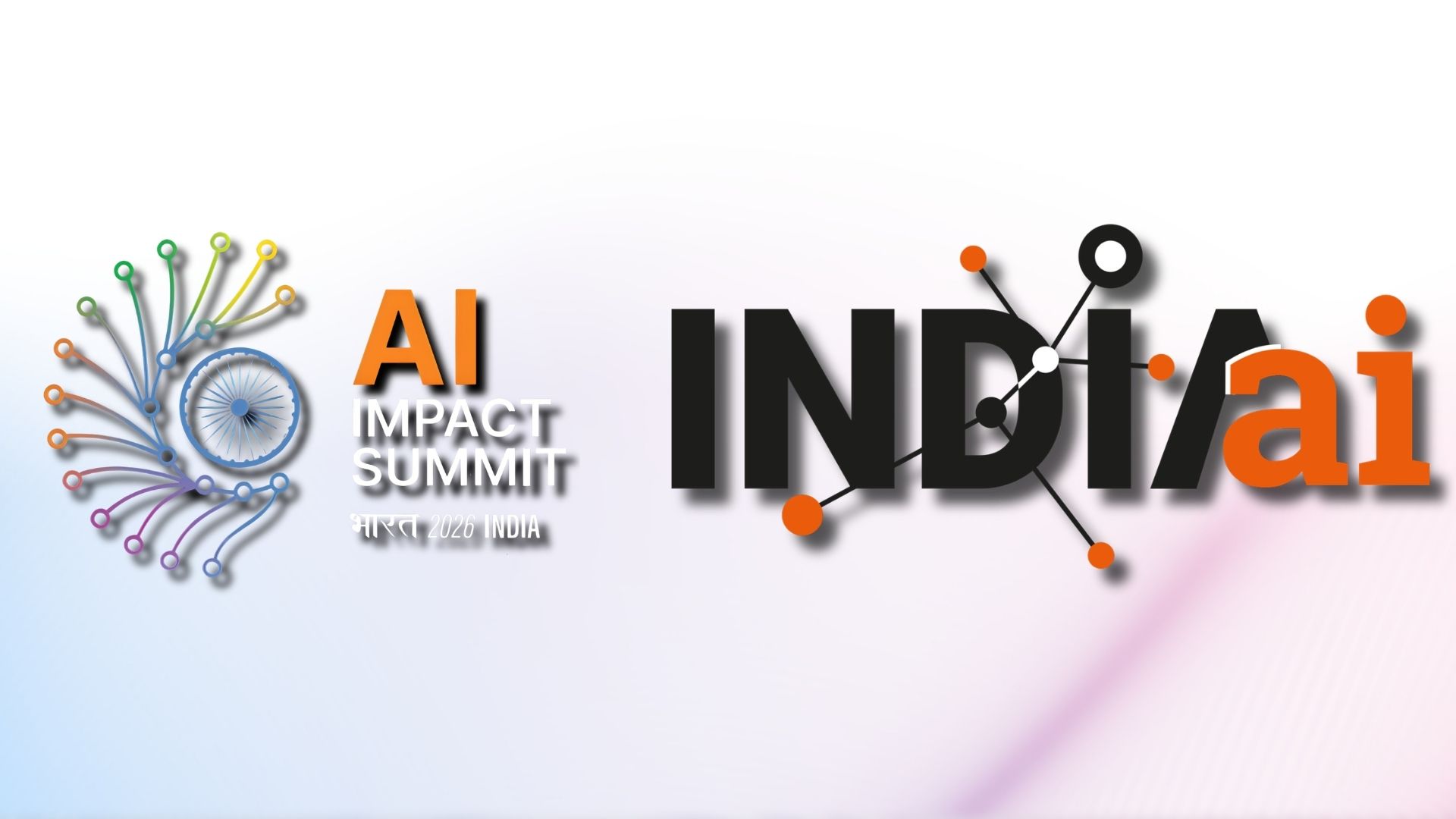Lawmakers in the Kentucky House of Representatives have approved House Bill 455, a measure aimed at limiting the role of AI in mental health services. The proposal introduces safeguards to regulate the use of AI tools in therapy settings and to strengthen patient protections.
Under the bill, AI systems are prohibited from making independent therapeutic decisions or generating treatment plans without review from a licensed therapist. In particular, tools such as ChatGPT, Gemini, and Claude would be barred from performing direct therapy or replacing human interaction.
However, self-help materials and educational resources are explicitly exempt from the restrictions. Therapists may still use AI as a supportive tool, provided they do not delegate substantive clinical responsibilities or direct client engagement.
In addition, practitioners must inform patients if AI is being used and obtain their consent. Supporters argue that preserving the human-to-human relationship in therapy is essential, especially amid concerns that some chatbot systems have encouraged harmful behaviour or worsened mental health outcomes.
Although the bill passed the House 88-7, opposition came mainly from libertarian-leaning Republican members who contended that the measure introduces unnecessary regulation and could hinder innovation. Nevertheless, backers maintain that clearer guardrails are necessary to address risks linked to automated mental health advice.
Would you like to learn more about AI, tech and digital diplomacy? If so, ask our Diplo chatbot!










